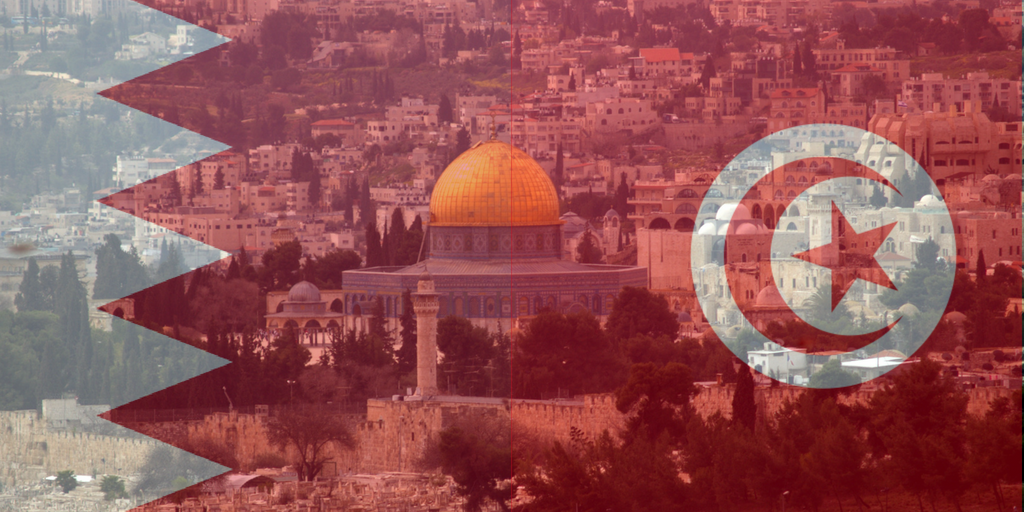Regardless of one’s personal views of President Trump, it is undeniable that his push towards a serious Middle East realignment is not only bearing fruit, but is in a sense recalibrating most of the world’s relationship to the region.
True, many others have tried, but it is the Trump administration which seized on the changing currents in the region. Ironically, it was the Obama administration’s cozying up to Iran, which essentially pushed the Sunni Gulf States to move into an open alliance with Israel. This alliance, now dubbed the Abraham Accords, has been the single most revolutionary geopolitical change in the world since the end of the Cold War.
Why? Isn’t this just another Arab-Israeli peace treaty like Jordan or Egypt?
No. It is far more transformative.
The peace treaties with Egypt and Jordan were just that peace treaties. They ended the state of war between them and Israel. This is similar to the recent peace treaty with Sudan. While all these are important, it is not as seismic as the Abraham Accords with the UAE and Bahrain, which were never at war with Israel. The Abraham Accords is about normalization and cooperation – meaning real peace.
Already Israeli produce and products can be seen in the markets of these once unlikely allies and a stream of government officials from the UAE and Bahrain have visited Israel signing cooperative agreements.
The move to normalization and cooperation is the beginning of handing the region back to its indigenous populaces and ends decades of overt US interference. We see this in the direct actions the Trump administration is now taking to pull out US troops from Afganistan, Iraq, and Syria.
While there are skeptics, it has become apparent that the Abraham Accords furthered the dream of a “New Middle East” faster than haggling over the veracity of the “Palestinian” narrative. The Trump’s viewpoint is essentially to ignore obstinate actors and bring those to the table that are willing to work together to form a real alliance that can stand up against Iran and Turkey.
Peace is about power. For decades the Military Industrial Complex (MIC), Neocons, and the Deep State have used and instigated unending conflict in the Middle East to insert itself and insitute control that benefitted the elites in charge. President Trump has now ended that.
Without unending conflict and even presence, all the MIC can do is sell weapons to the sides, but when Israel can make an arsenal that is just as good as the USA, there is not much money to be made.
In one fell swoop, Trump’s Abraham Accords has left the never solved Israel-Palestinian conflict behind, solidified the anti-Iran alliance, checked Turkey, and created the atmosphere that has allowed Trump to end direct US occupation of Eastern Syria, Iraq, and Afganistan.
This is the real great reset and no, the elites and Deep State don’t like it one bit.





